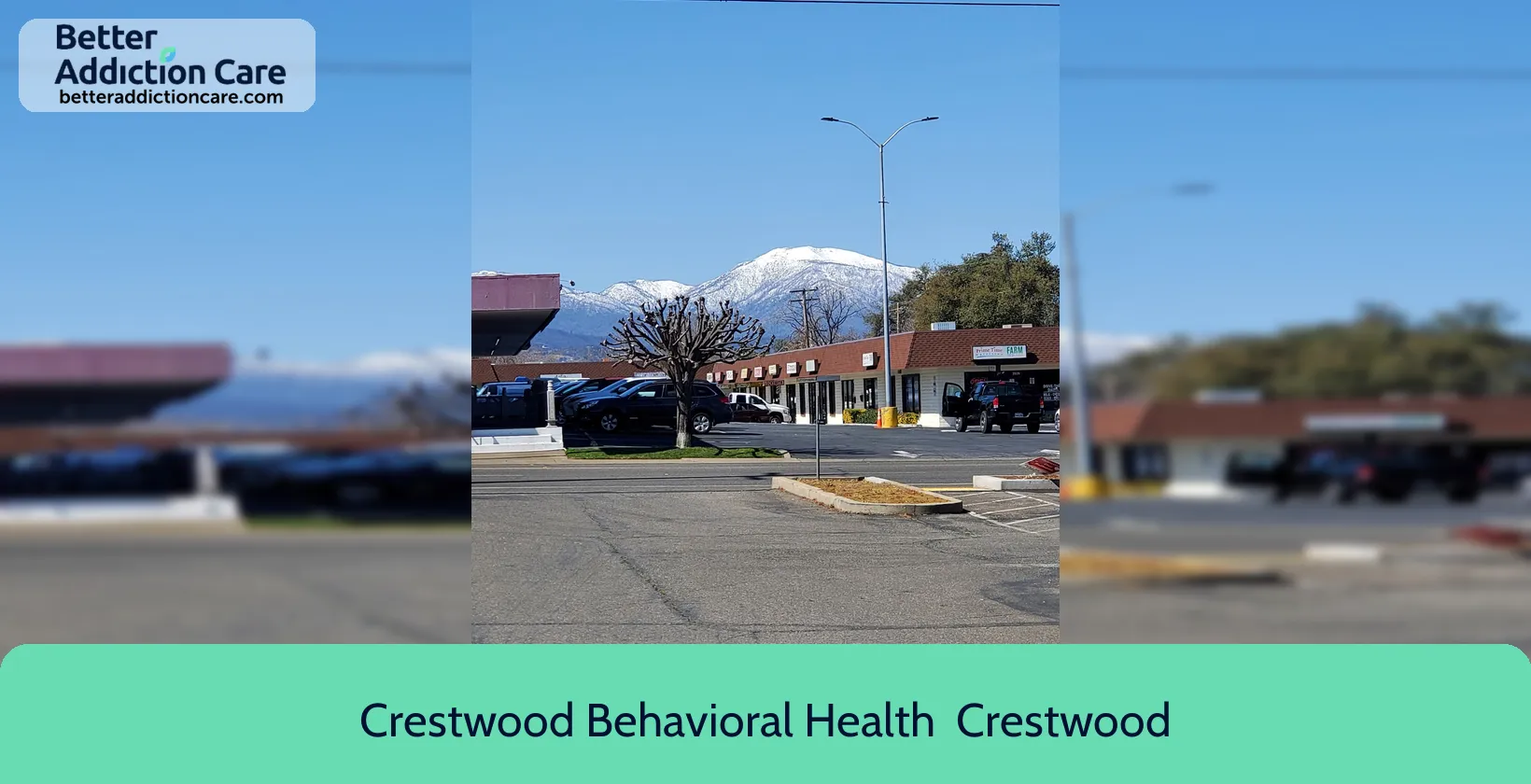Crestwood Behavioral Health - Crestwood Wellness and Recovery Center
Overview
Crestwood Behavioral Health - Crestwood Wellness and Recovery Center is an mental health treatment center that provides inpatient treatment for men between 18 and 65+ years of age. As part of their special programs, Crestwood Behavioral Health - Crestwood Wellness and Recovery Center treats clients with co-occurring mental and substance use disorders, veterans, and clients with hiv or aids. To help patients achieve sobriety, Crestwood Behavioral Health - Crestwood Wellness and Recovery Center provides intake assessments. Afterward, patients receive group counseling, cognitive behavioral therapy, and dialectical behavior therapy during treatment. Crestwood Behavioral Health - Crestwood Wellness and Recovery Center is located in Redding, California, providing treatment for people in Shasta County, accepting cash or self-payment, medicaid, and medicare.
Crestwood Behavioral Health - Crestwood Wellness and Recovery Center at a Glance
Payment Options
- Cash or self-payment
- Medicaid
- Medicare
- County or local government funds
- U.S. Department of VA funds
Assessments
- Comprehensive mental health assessment
- Comprehensive substance use assessment
Age Groups
- Seniors or older adults
- Young adults
- Adults
- Seniors
Ancillary Services
- Chronic disease/illness management
- Diet and exercise counseling
- Illness management and recovery
- Integrated primary care services
- Psychosocial rehabilitation services
Highlights About Crestwood Behavioral Health - Crestwood Wellness and Recovery Center
6.65/10
With an overall rating of 6.65/10, this facility has following balanced range of services. Alcohol Rehabilitation: 8.00/10, Drug Rehab and Detox: 6.00/10, Insurance and Payments: 6.00/10, Treatment Options: 6.61/10.-
Alcohol Rehabilitation 8.00
-
Treatment Options 6.61
-
Drug Rehab and Detox 6.00
-
Insurance and Payments 6.00
Treatment At Crestwood Behavioral Health - Crestwood Wellness and Recovery Center
Treatment Conditions
- Alcoholism
- Mental health treatment
- Substance use treatment
- Co-occurring Disorders
Care Levels
- Hospital inpatient treatment
Treatment Modalities
- Group counseling
- Cognitive behavioral therapy
- Dialectical behavior therapy
- Integrated Mental and Substance Use Disorder treatment
- Activity therapy
Ancillary Services
Languages
- Sign language services for the deaf and hard of hearing
- Spanish
Additional Services
- Pharmacotherapies administered during treatment
- Mentoring/peer support
- Metabolic syndrome monitoring
Special Programs
- Clients with co-occurring mental and substance use disorders
- Veterans
- Clients with HIV or AIDS
- Clients who have experienced trauma
- Clients who have experienced intimate partner violence, domestic violence
Get Help Now
Common Questions About Crestwood Behavioral Health - Crestwood Wellness and Recovery Center
Contact Information
Other Facilities in Redding

6.68

6.71

7.09
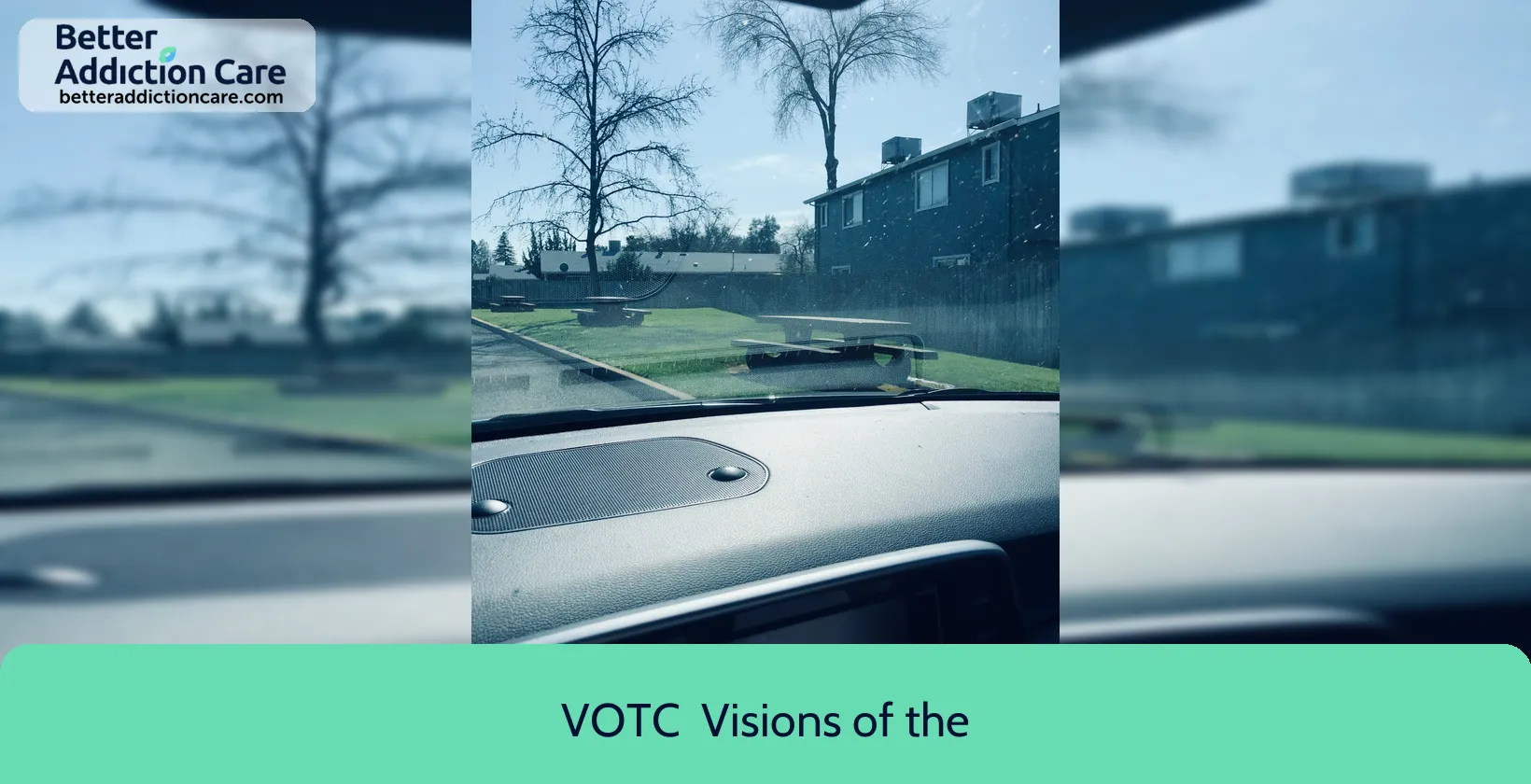
6.71

6.65
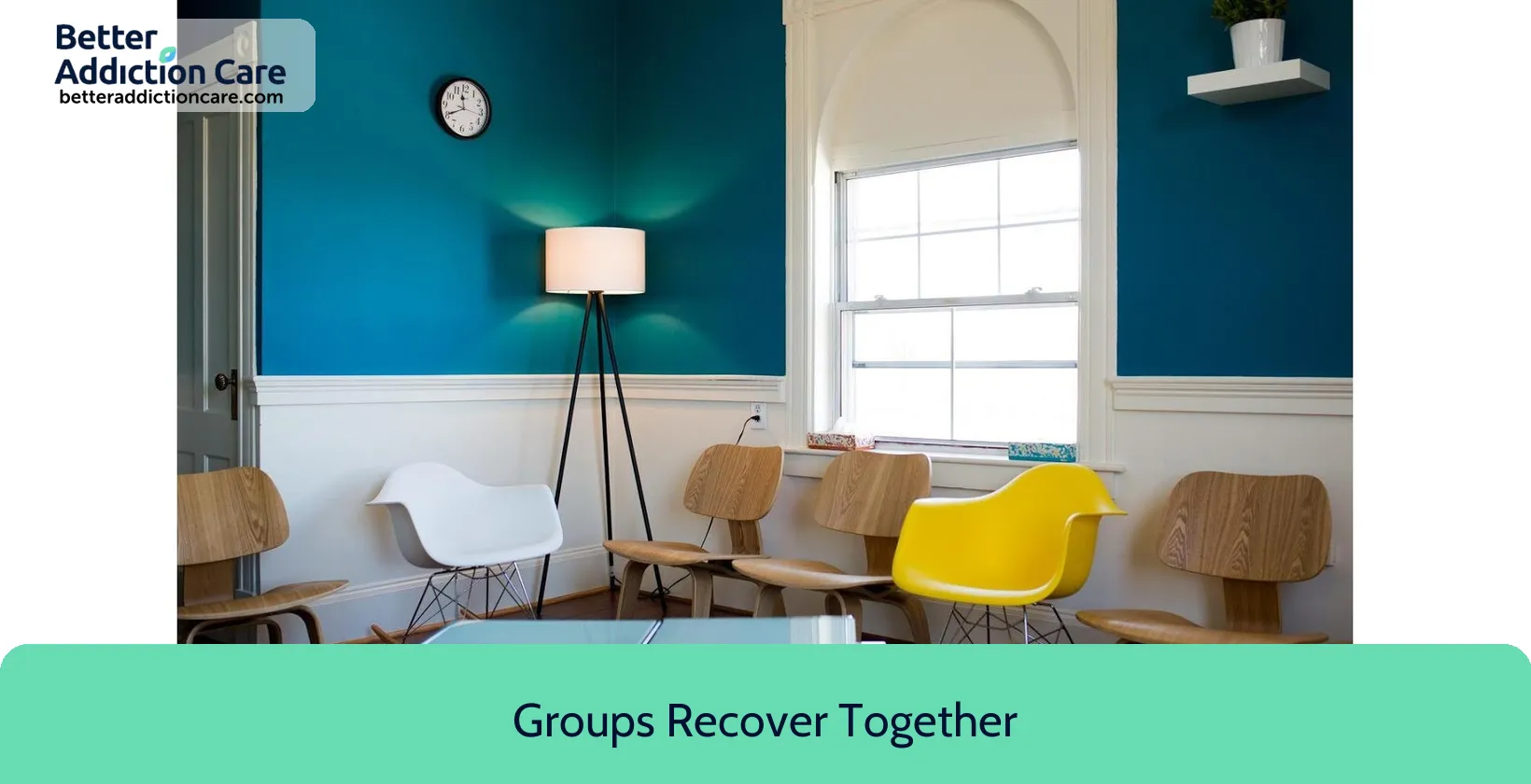
6.78
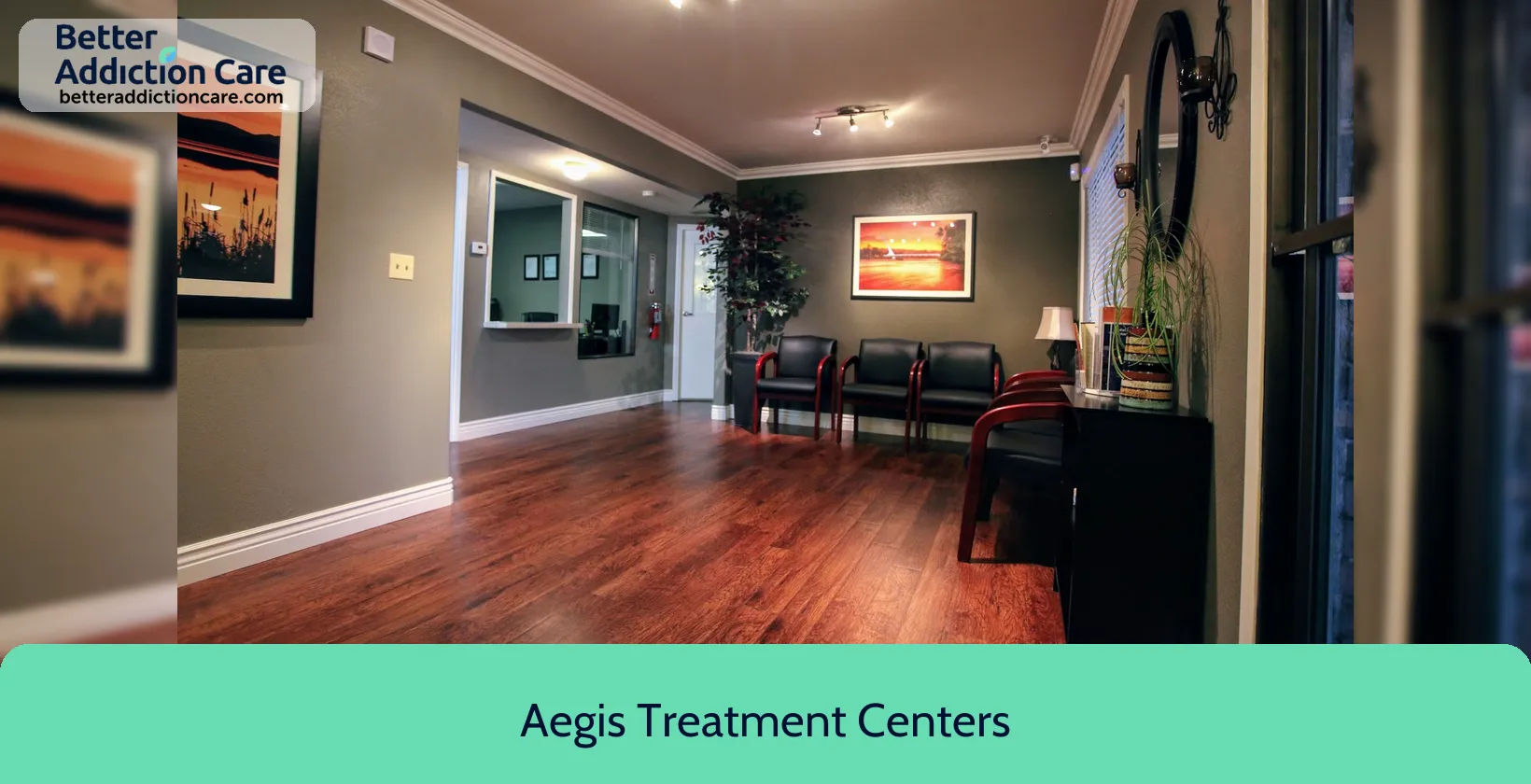
7.30
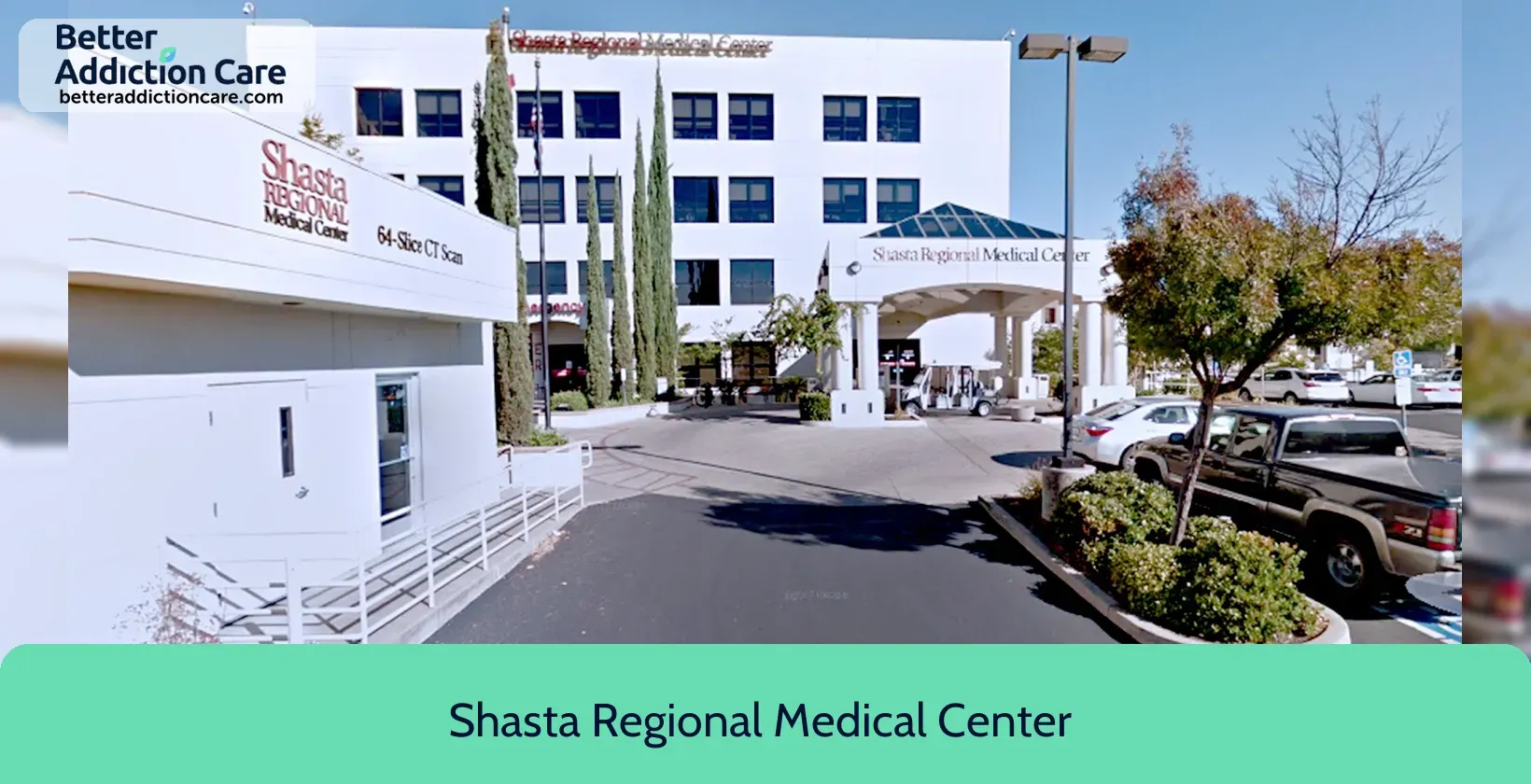
6.65
DISCLAIMER: The facility name, logo and brand are the property and registered trademarks of Shasta Regional Medical Center - Center for Behavioral Health, and are being used for identification and informational purposes only. Use of these names, logos and brands shall not imply endorsement. BetterAddictionCare.com is not affiliated with or sponsored by Shasta Regional Medical Center - Center for Behavioral Health.
